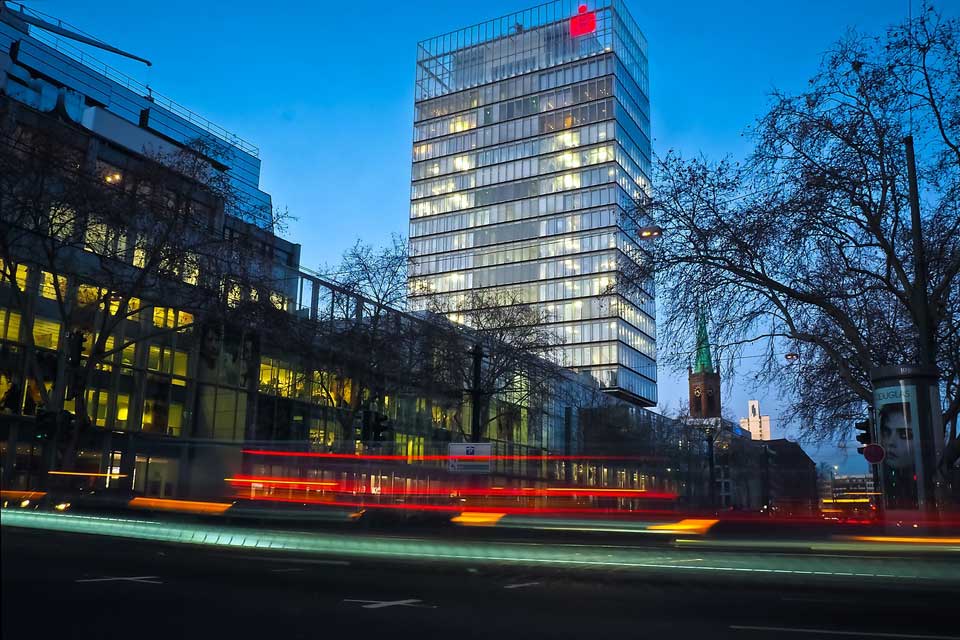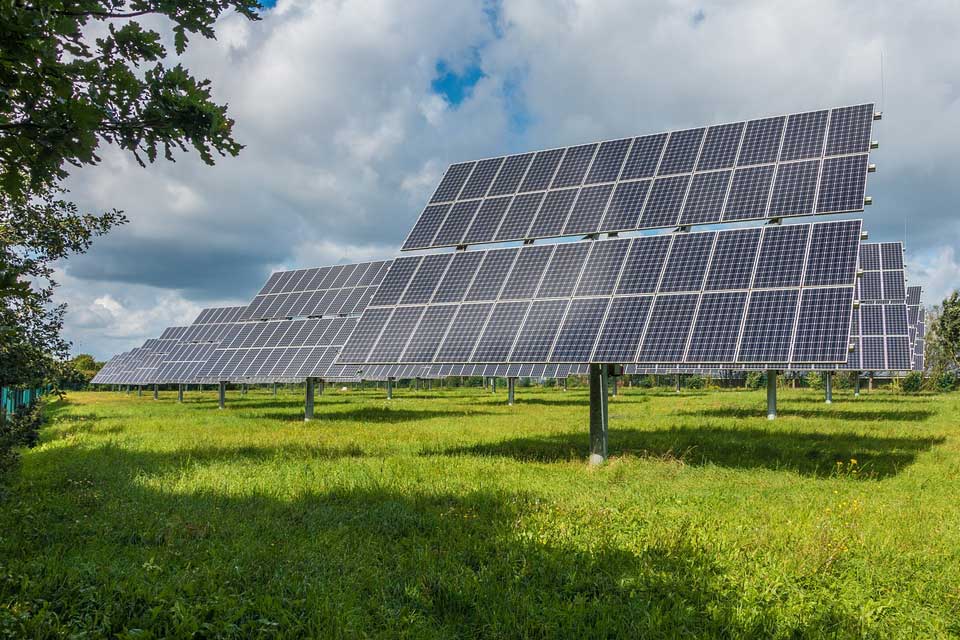The importance of supply chains for the sustainable business
https://energymanagementsummit.co.uk/wp-content/uploads/2020/09/renewable-energy.jpg 960 640 Stuart O'Brien Stuart O'Brien https://secure.gravatar.com/avatar/81af0597d5c9bfe2231f1397b411745a?s=96&d=mm&r=gBy Katie Burrows, Energy Services Solutions Manager at Haven Power
Global giants Google and WWF turned heads this June after announcing the details of their environmental data platform, a joint initiative which aims to tackle harmful emissions and waste across fashion industry supply chains. This will allow fashion brands to source raw materials and track their sustainability, providing them with greater transparency over the environmental impact of their supply chains.
The news comes as the fashion industry continues to grapple with a giant sustainability problem. Today, the industry accounts for about 2-8% of global greenhouse gas emissions, much of which originates from the raw material stage.
The same issues with unsustainable supply chains can be felt across every industry. For decades, major corporations have outsourced their environmental impact to other companies, and in some cases, other countries. Supply chain emissions are up to 5.5 times greater than a company’s direct operations – but until recently, a lack of transparency and accurate data prevented us from seeing the full picture.
Now the tide is starting to change. In the UK, we are seeing pressure being applied across the supply chain by a growing number of companies, both big and small, as they align their business strategies with the nation’s 2050 net zero carbon emissions targets. This has led to a radical shakeup of the traditional tender process, with many companies now listing sustainability, including the use of renewable energy, as a prerequisite for doing business. Suppliers with a poor environmental performance now risk being struck off in favour of competitors with greener credentials.
Take Sainsburys, for example, who this year pledged to invest in a greener future for the whole business. As well as reducing its use of plastic packaging, this also includes ensuring that its suppliers are committed to reducing their carbon emissions. Consumers are now directly influenced by a company’s sustainability policies and are aware of how this impacts their commercial performance. According to research by Unilever, a third of consumers now choose to buy from brands who they believe are doing social or environmental good. The research also found that ‘sustainable brands grew 46% faster than the rest of the business and delivered 70% of its turnover growth.’
Customers are also increasingly willing to do their own research, with data playing a greater role in consumer decision-making. Apps such as Almond provide consumers with more transparency into the brands they are engaging with, giving greater insight into the products they are buying and their carbon footprint. Many of these apps give brands a rating based on their corporate responsibility, including how carbon conscious they are.
We are in the midst of a revolution in how we work, with more and more businesses now putting sustainability at their core. Despite great progress in recent years, the urgency for increased transparency in supply chain sustainability has never been greater. As countries around the world continue to wrestle with the financial and social impact of Covid-19, supply chains are becoming increasingly fragile.
Widespread disruption to manufacturing and logistics has seen many companies rush to reroute or find alternative sources, running the risk of partnering with the wrong suppliers. On-site audits are being cancelled due to travel restrictions and quarantine rules, and so sustainability standards are now at a risk of being compromised to meet new demand.
Companies must be proactive in their due diligence and mitigation strategies to ensure that any progress made so far has not been in vain. At the same time, they must encourage/enact change across their operations and accelerate progress towards a zero carbon economy.
Image by winterseitler from Pixabay










